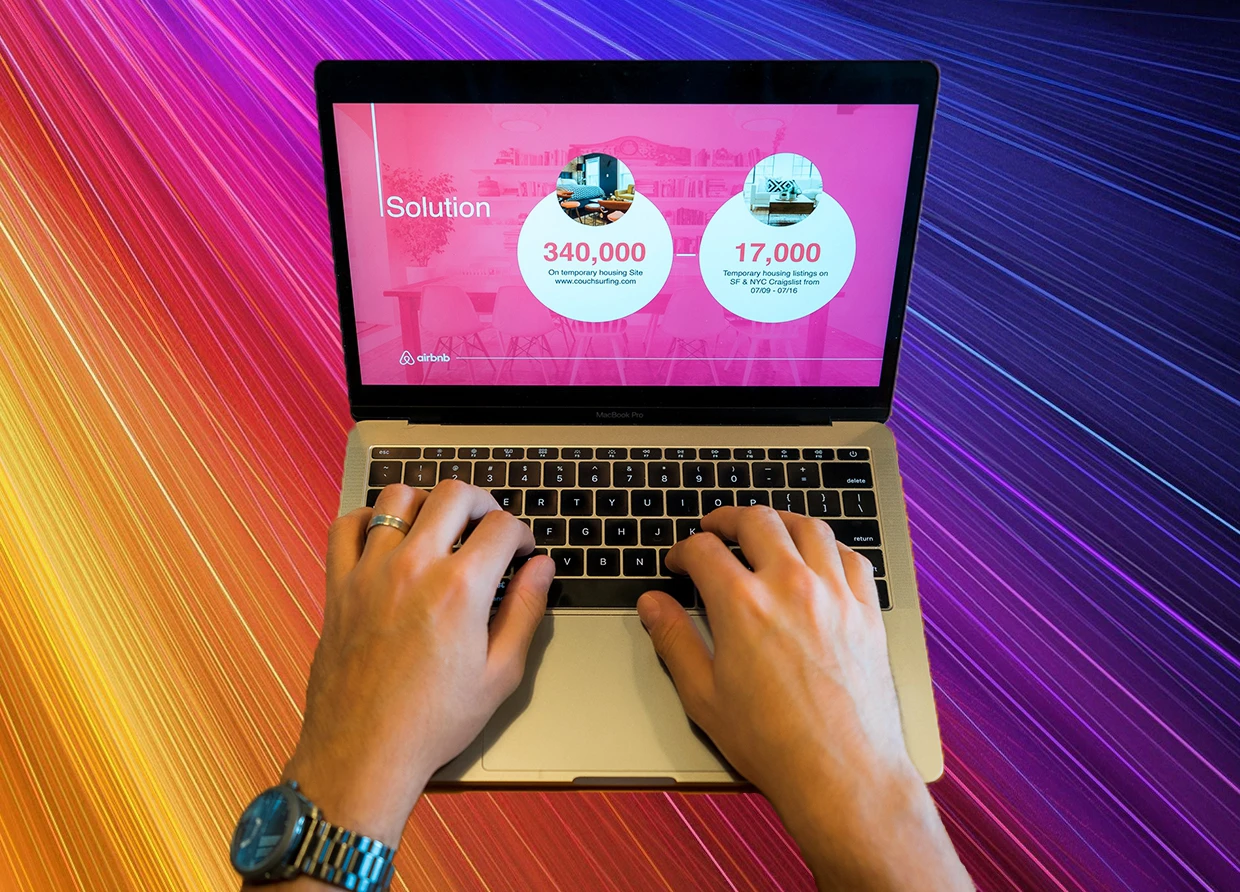ACCELERATORS AND INCUBATORS: WHAT ARE THE DIFFERENCES?
What are the differences? And which one is right for you?

If you are a business entrepreneur who seeks funding from investors, you will be familiar with "incubators" and "accelerators". You may be considering an incubator or accelerator to help you get started. But what are the differences? And which one is right for you?
Accelerators
One of the significant differences between accelerators and incubators is in how the individual programs are structured. Accelerator programs usually have a set timeframe in which respective companies spend anywhere from a few weeks to a few months working with a group of mentors to build out their business and avoid problems along the way. Y Combinator, Techstars, and the Brandery are some of the most well-known accelerators.
Accelerators start with an application process, but the top programs are typically very selective. Y Combinator accepts about 2% of the applications it receives, and Techstars usually has to fill its ten spots from around 1,000 applications.

Early-stage companies are typically given a small seed investment, and access to a large mentorship network, in exchange for a small amount of equity. Typically, the mentor network of startup executives, venture capitalists, industry experts, and other outside investors is often the most significant value for prospective companies.
The mentor networks aren't small, either. TechStars, for example, has hundreds of mentors in its program.
Aaron Harris, a partner at Y Combinator, said he's not sure that accelerators necessarily work as a whole, but Y Combinator's success is due to the way it approached incentives.
"A lot of that success comes back to the alignment of incentives," Harris said. "Good programs completely align all parties — at YC, all the partners who advise the companies have a stake in their success. We also do as much as we can to limit distractions. We don't schedule unnecessary meetings, don't force them to work in a big loud co-working space, etc."
At the end of an accelerator program, you're likely to see all the startups from a particular cohort pitch at some sort of demonstration day (often shortened and referred to as a demo day) attended by investors and media. At this point, the business has hopefully been further developed and vetted.
"The goal of the accelerator is to help a startup do roughly two years of business building in just a few months," said Mike Bott, general manager of the Brandery. "If you go through a good one, you'll know at the end where your startup founding team and business stand."
Incubators
Some incubators select candidates through an application process, while others only work with companies or entrepreneurs passed along from their network of advisors. Some incubators are focused on specific verticals. For example, Monarq Incubator supports female-led startups through its programs.

Incubators also tend to focus on businesses or entrepreneurs from a specific geographic location -- or require participants to relocate to their coworking space or local community for indefinite periods.
Participants spend their time networking with other entrepreneurs at the incubator, fleshing out their ideas, determining product-market fit, and creating a business plan. Intellectual property issues are also vetted and dealt with at this stage as well.
The incubator process usually lasts a few months -- but is often open-ended -- and ends with a pitch or demo day where the entrepreneur presents their business idea to the incubator community and/or investors.
If you’re joining an incubator or accelerator, make sure you have clearly defined, actionable goals. And be honest about whether or not you can achieve those goals without joining an incubator or accelerator. The process for applying to and joining these programs is lengthy and arduous — and it’s time you could be spending getting your business off the ground without parting with equity.
#THE S MEDIA #Media Milenial #accelerators vs incubators #the differrences #startups



























